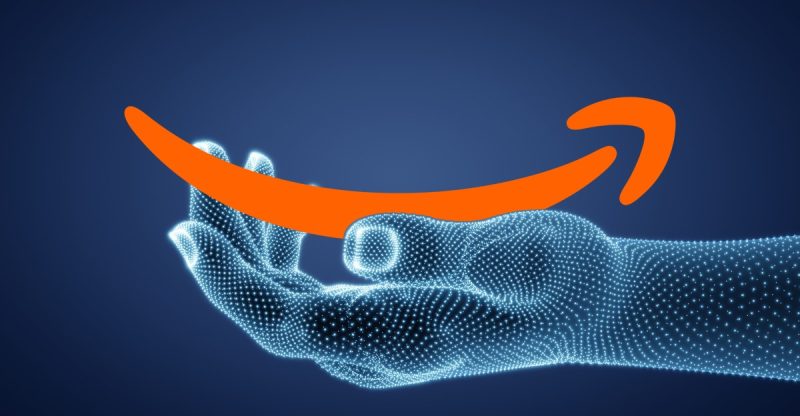
A few weeks ago, I had a rather unsettling experience at my doctor’s office. An Amazon-branded palm scanner greeted me, ready to verify my identity. It got me thinking – why is Amazon, of all companies, involved in this? Amazon One, the system in question, is a relatively new biometric authentication service. It started in Amazon Go stores and now facilitates payments at Whole Foods and even age verification at some sports venues. Since March, it’s been used for patient check-in at NYU Langone Health – which is where I encountered it. While it’s currently optional, the implications are far-reaching.
Amazon is actively marketing Amazon One as a replacement for traditional access methods like key fobs and codes, targeting office buildings, hotels, and even security systems for safety deposit boxes. This expansion raises significant privacy concerns. Biometric scanning, in general, feels invasive. The data is permanent; once a company has your biometric information, it’s incredibly difficult to revoke access. This permanence is especially concerning when the data is held by a massive corporation like Amazon.
Millions of people willingly use biometric authentication for convenience. Apple’s Face ID, Google’s Face Unlock, and even Clear at airport security are examples. These services offer a faster alternative to passwords or physical keys. But Amazon One presents a different scenario. The sheer scale of Amazon’s operations – encompassing e-commerce, healthcare, and a massive advertising network – makes its data collection practices particularly unsettling.
Amazon assures us that Amazon One data is separate from other Amazon accounts and isn’t used for marketing or shared with advertisers. NYU Langone Health also stated that they don’t share personal information with Amazon. However, privacy experts remain cautious, emphasizing the potential for data linkage and the ever-changing nature of privacy policies. The sheer volume of data Amazon possesses, coupled with its diverse business interests, means that seemingly innocuous information could be used in unexpected and potentially harmful ways.
The core argument for biometric scanners is convenience and security. Palm scanning is faster than traditional methods and harder to steal than credit card information. Amazon chose palm scanning specifically because it reveals less personal information than facial recognition and requires an intentional gesture. While I personally appreciate the convenience of biometric technology in certain contexts (like Apple’s Face ID), the implications of using it in a doctor’s office, under Amazon’s umbrella, are far more concerning.
My hesitation stems not from the technology itself but from the company behind it. Amazon’s vast data collection practices, combined with its expansion into diverse sectors, make it difficult to trust that my biometric data will remain strictly within the bounds of Amazon One’s stated privacy policy. The uncertainty surrounding data usage, particularly concerning any metadata collected alongside the palm scan, is enough to make me choose a traditional check-in method next time. The constant expansion of tech giants into new areas, coupled with the permanence of biometric data, leaves a lingering feeling of unease. It’s a reminder that while convenience is tempting, the long-term implications deserve careful consideration.










